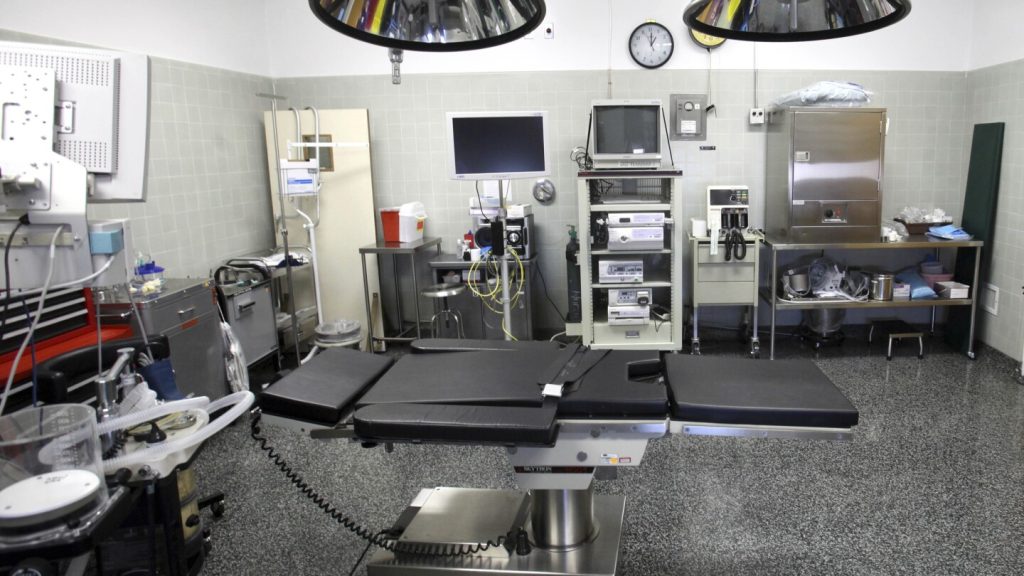The federal government has issued new guidance requiring hospitals to obtain written informed consent from patients before subjecting them to pelvic exams and exams of other sensitive areas, especially when the patient is unconscious. This includes exams for educational and training purposes performed by medical students, nurse practitioners, or physician assistants. Hospitals that fail to obtain explicit consent may face consequences such as being ineligible for participation in Medicare and Medicaid programs, along with fines and investigations if they violate patient privacy laws.
Doctors and medical students sometimes perform exams of sensitive areas for training purposes while a patient is under anesthesia. At least 20 states have passed laws requiring explicit consent for these exams. HHS Secretary Xavier Becerra and other health officials have criticized the practice of conducting exams without consent, emphasizing the need for clear guidelines to ensure providers and trainees obtain and document informed consent before performing such examinations.
The frequency of these exams and the extent to which patients understand what they are consenting to remains unclear. Experts acknowledge the importance of obtaining explicit consent and ensuring that patients fully understand the nature of the procedures they are undergoing. The guidance provided by the federal government is seen as a critical step in protecting patients and medical residents, with advocates highlighting the need for hospitals to clearly and explicitly ask for consent to prevent violations and ensure patient safety and respect.
Medical student Alexandra Fountaine, who testified against the practice of performing exams without consent, expressed skepticism about the potential impact of the new guidance but acknowledged feeling more protected and respected as a result. She emphasized the vulnerability and fear many women experience in medical settings, especially when undergoing procedures under anesthesia. The guidance is viewed as a simple yet crucial solution to addressing a concerning issue and promoting patient safety and autonomy in healthcare settings.
The letter from federal health officials to teaching hospitals and medical schools stresses the importance of setting clear guidelines for obtaining written informed consent before conducting sensitive exams. The goal is to ensure that providers and trainees understand the necessity of obtaining explicit consent and documenting it appropriately. The letter serves as a reminder of the ethical and legal obligations healthcare providers have to protect patient privacy and dignity, and to uphold standards of professionalism in medical education and practice.
Overall, the new guidance from the Department of Health and Human Services aims to reinforce existing regulations regarding consent for sensitive exams and procedures conducted for training purposes. By emphasizing the need for explicit consent and clear documentation, the federal government seeks to prevent violations of patient privacy and ensure that individuals are fully informed and empowered in their healthcare decisions. The guidance is welcomed by advocates for patient rights and underscores the importance of respecting patient autonomy and dignity in medical settings.















